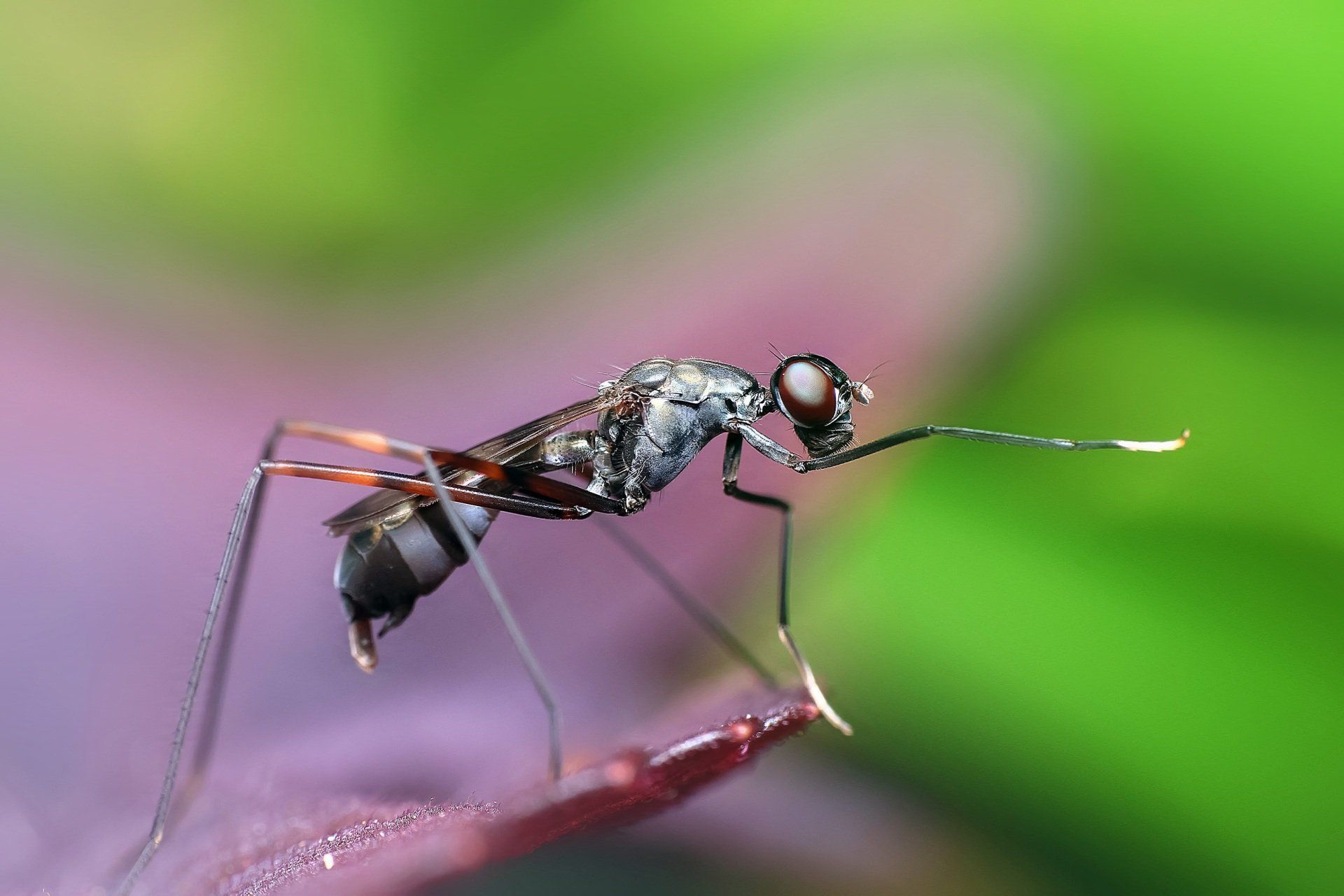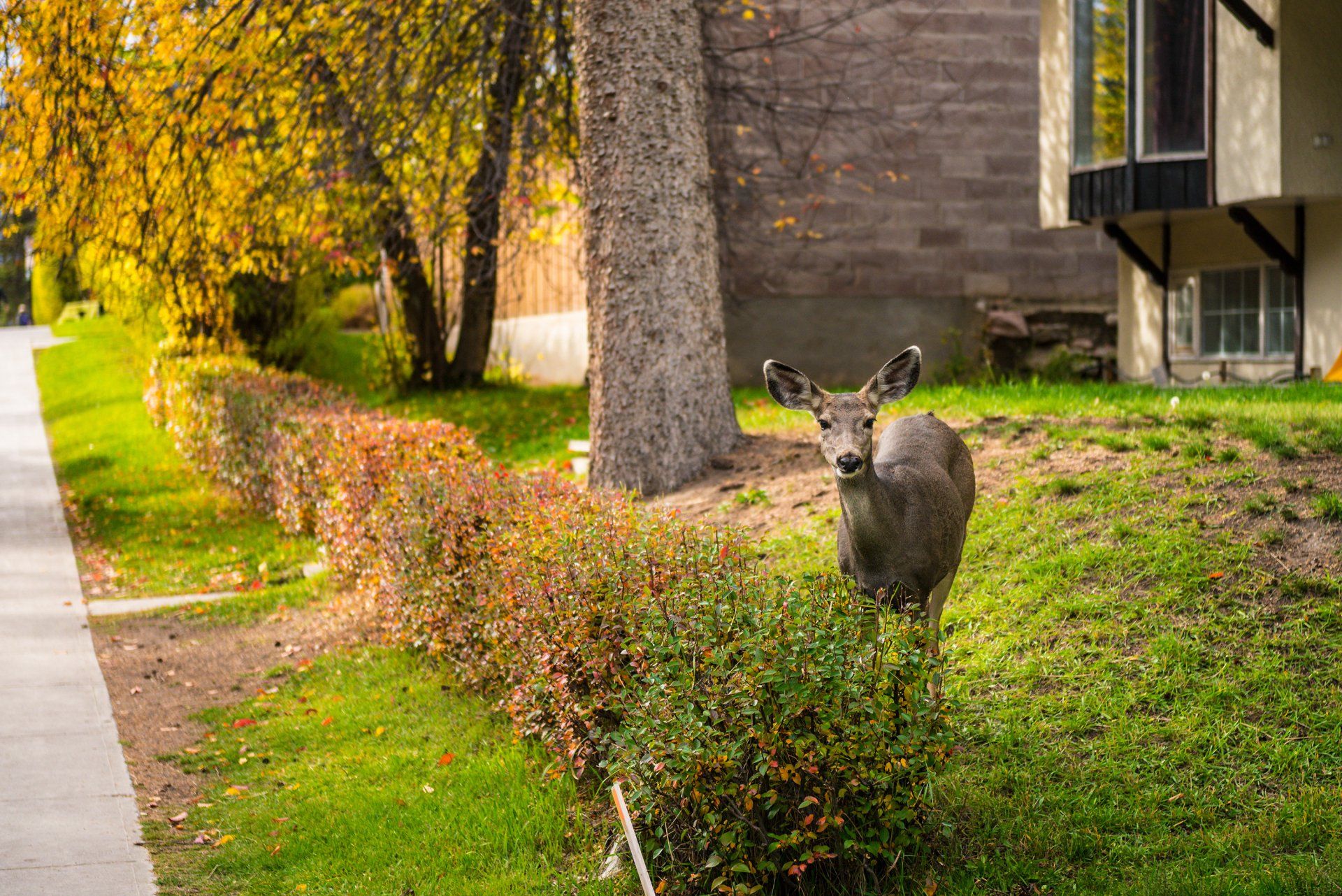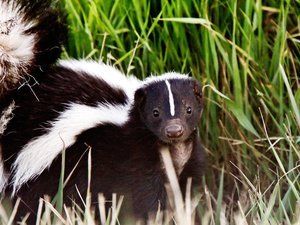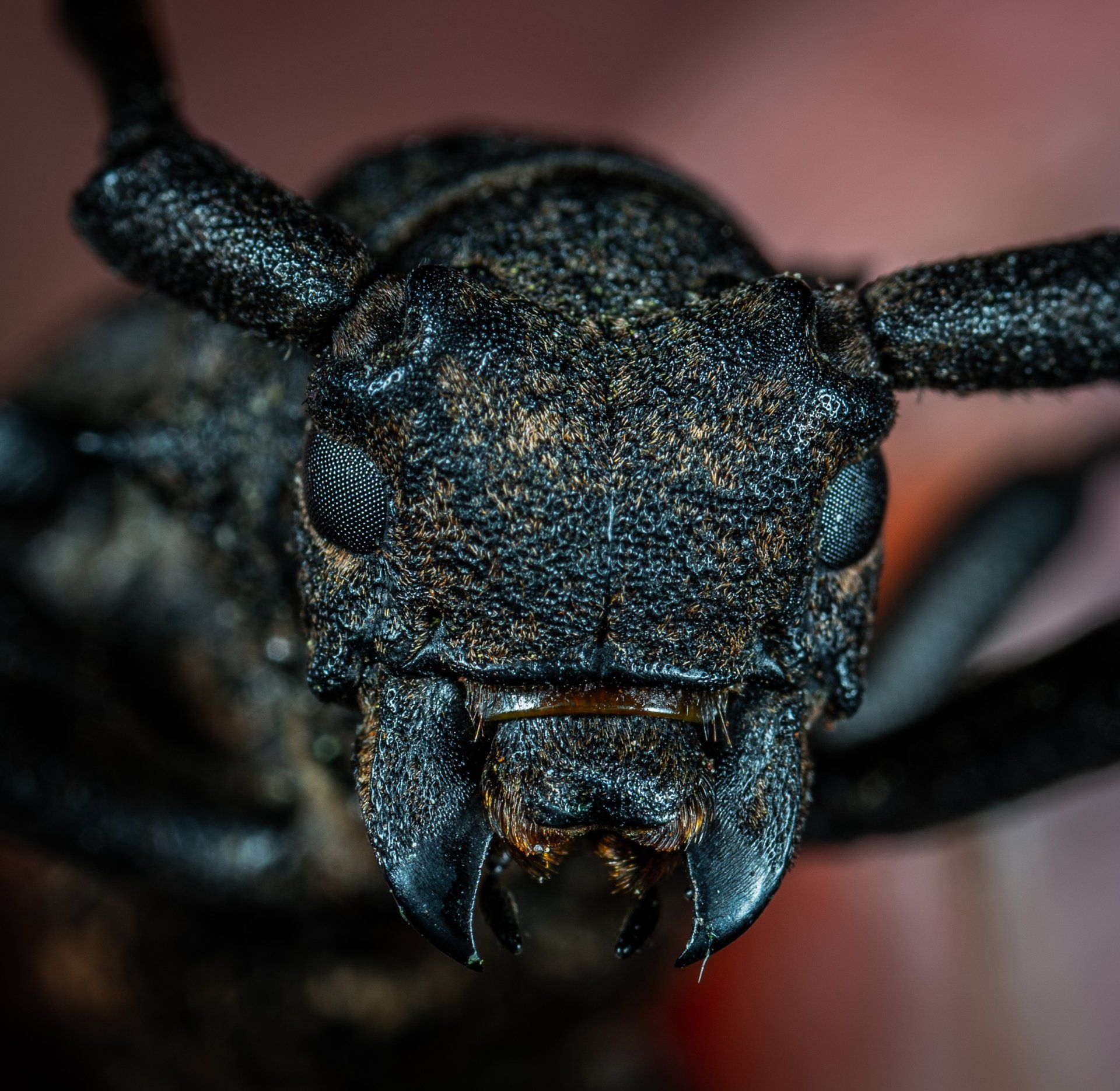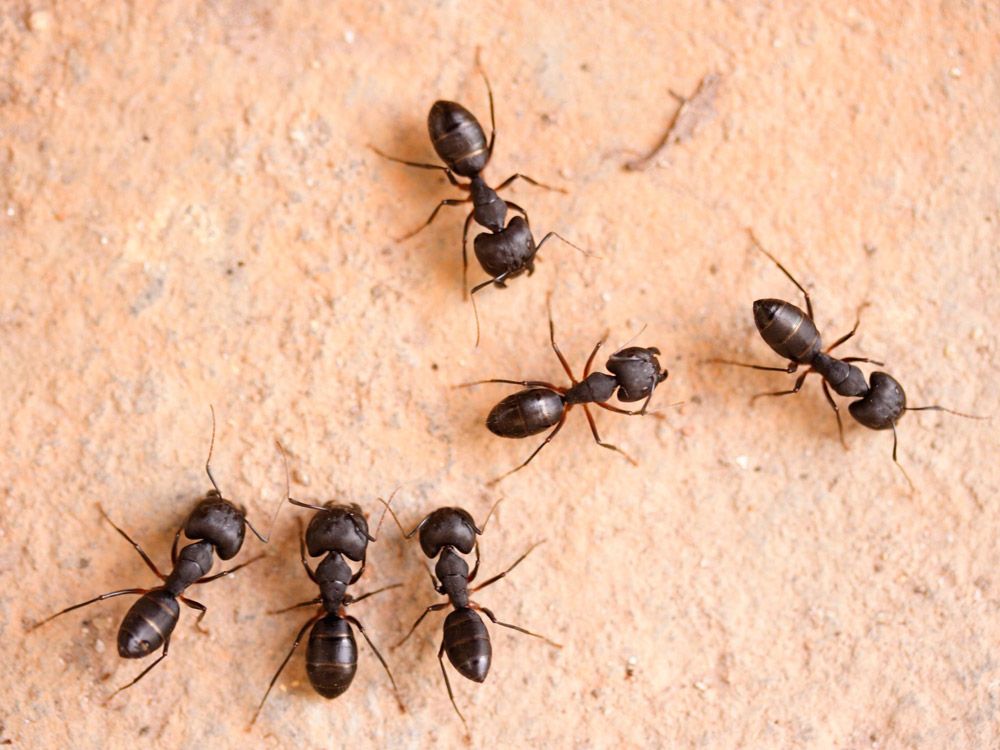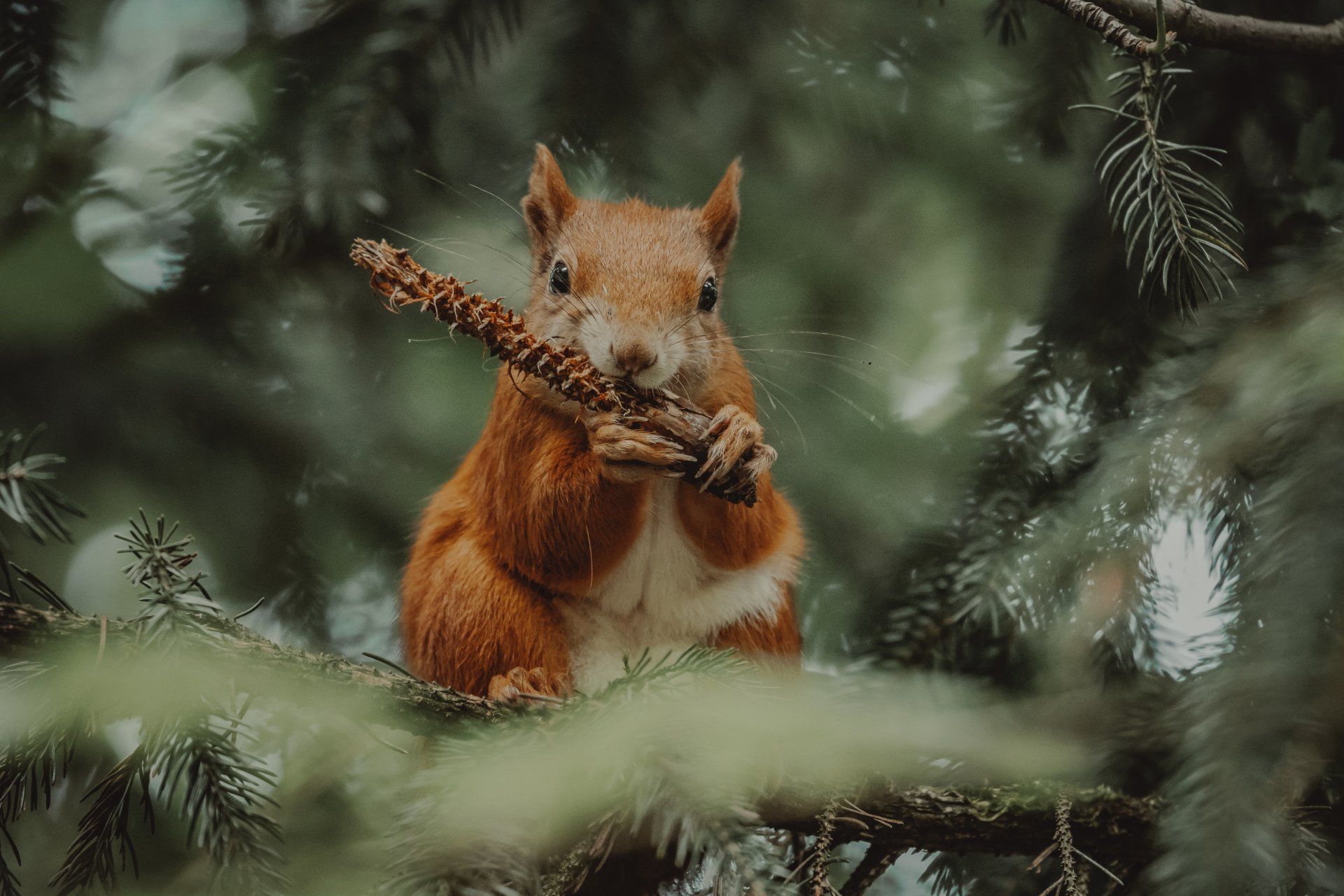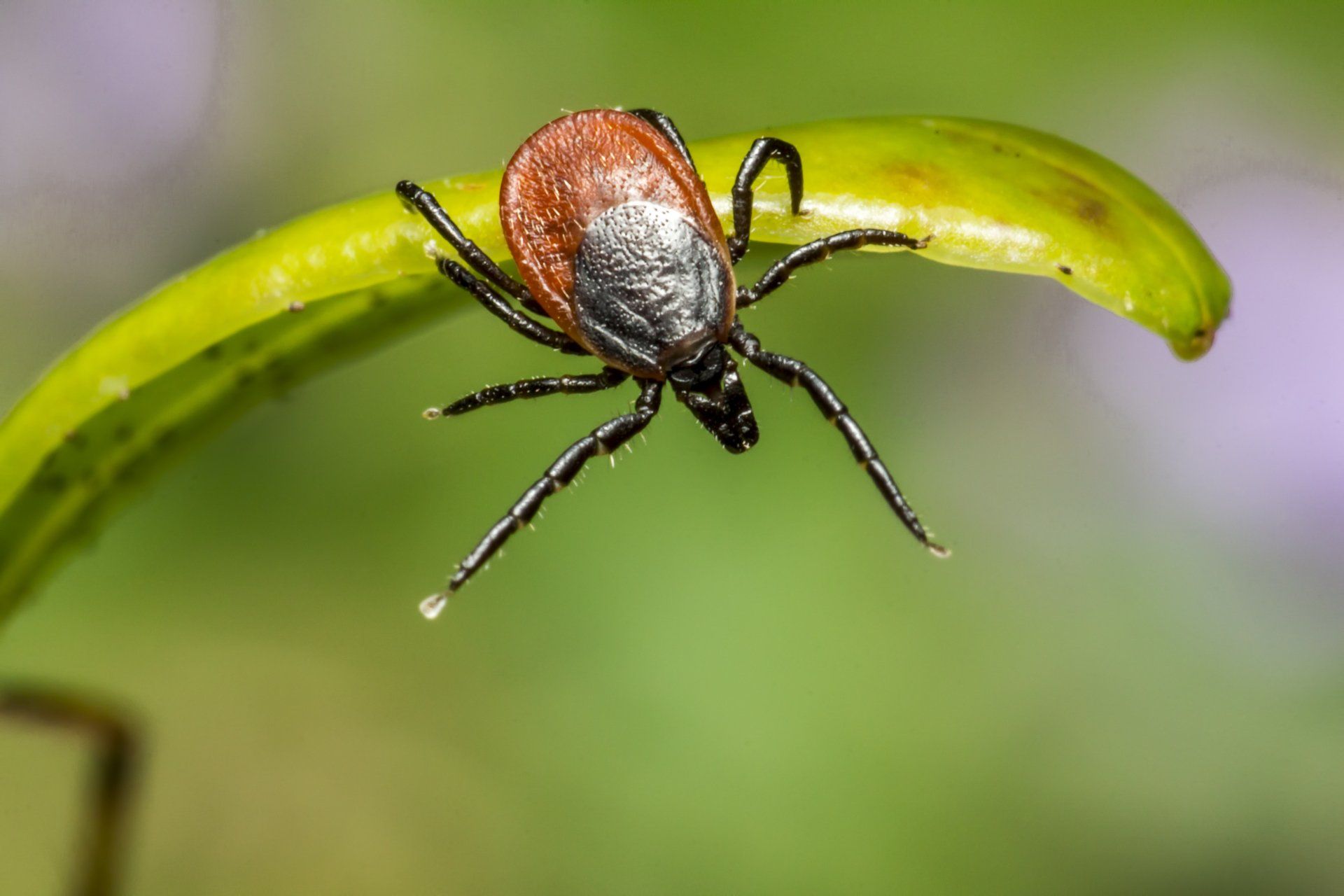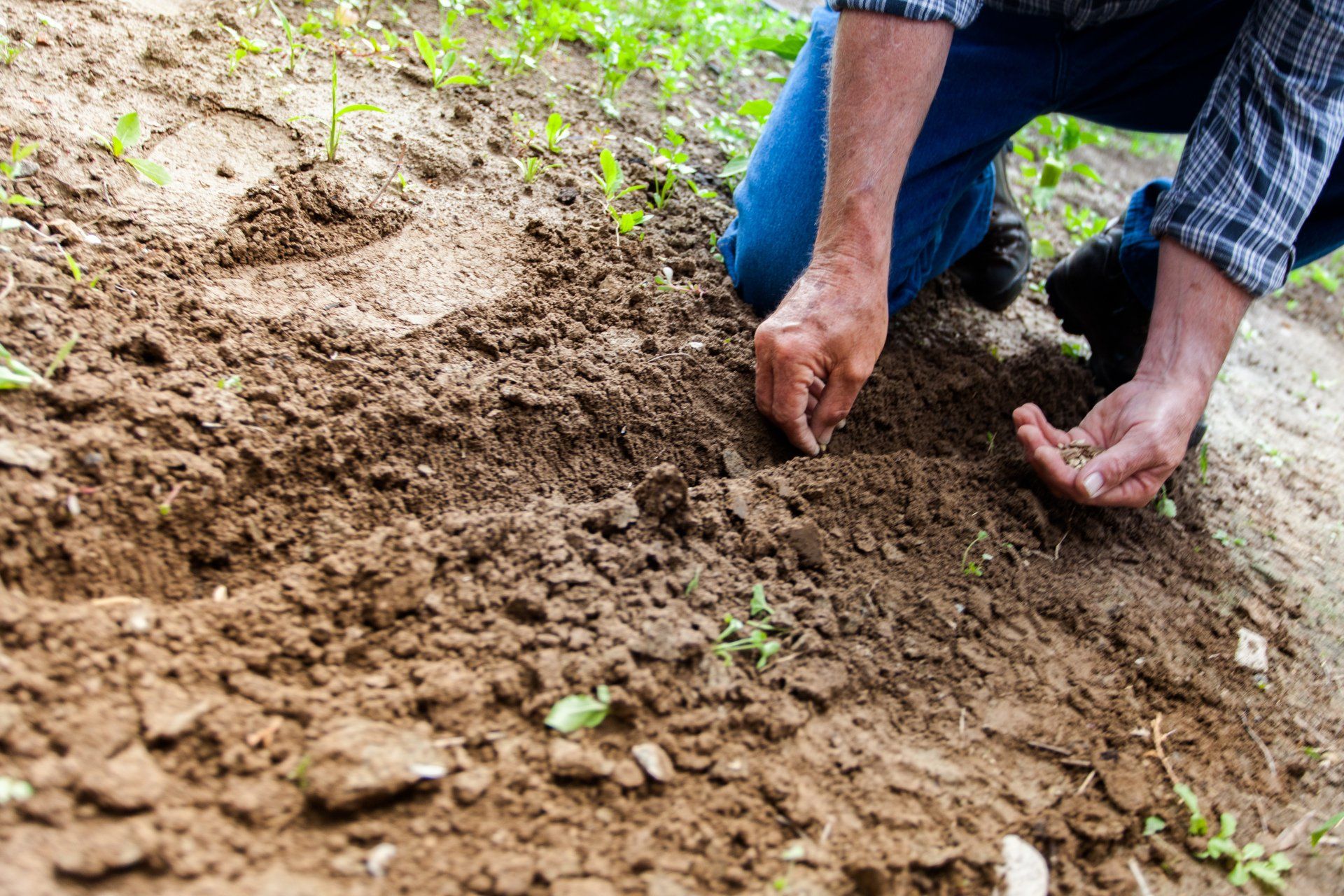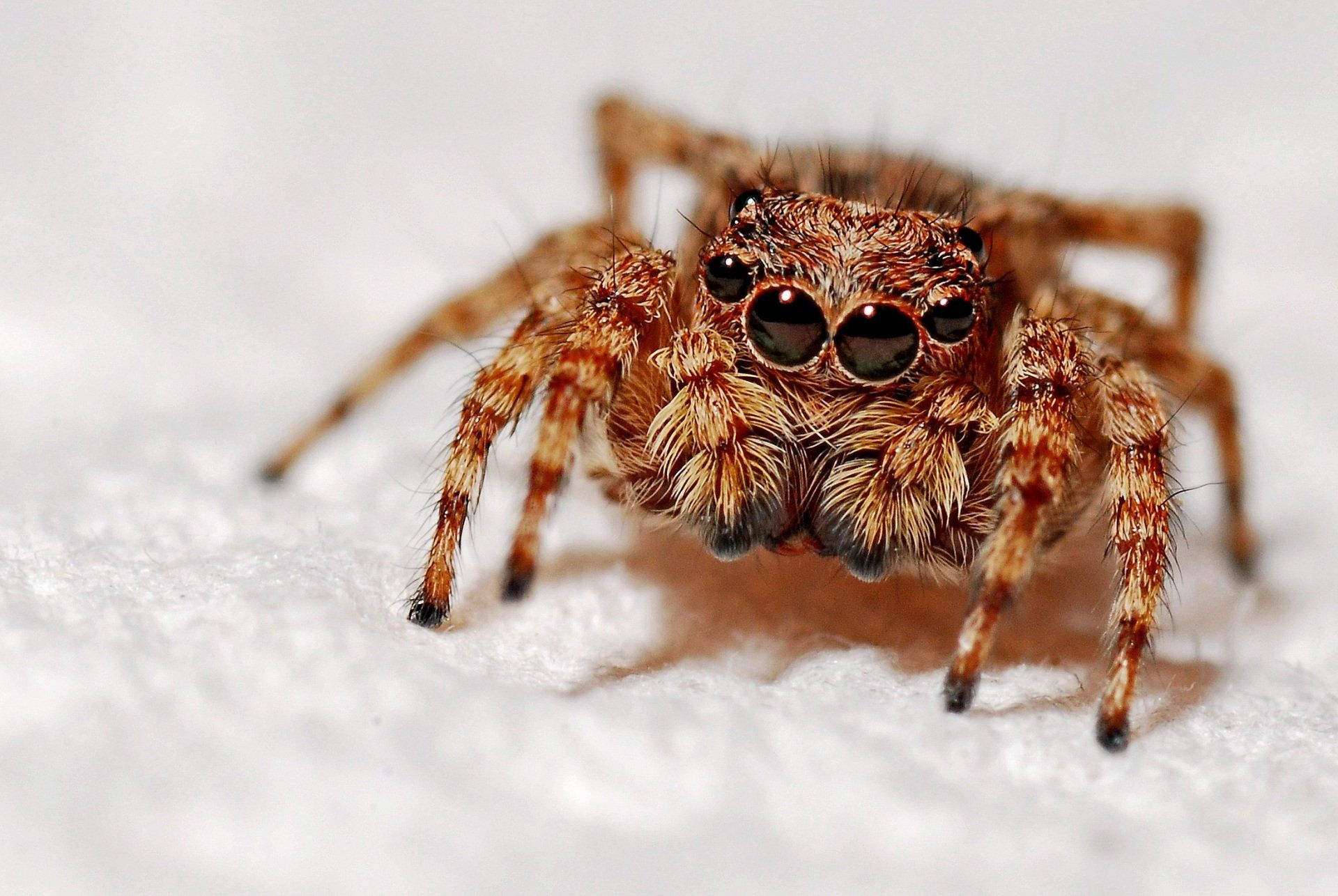How to Identify Wasps and Other FAQs
Understand what wasps look like and how to tell them apart.
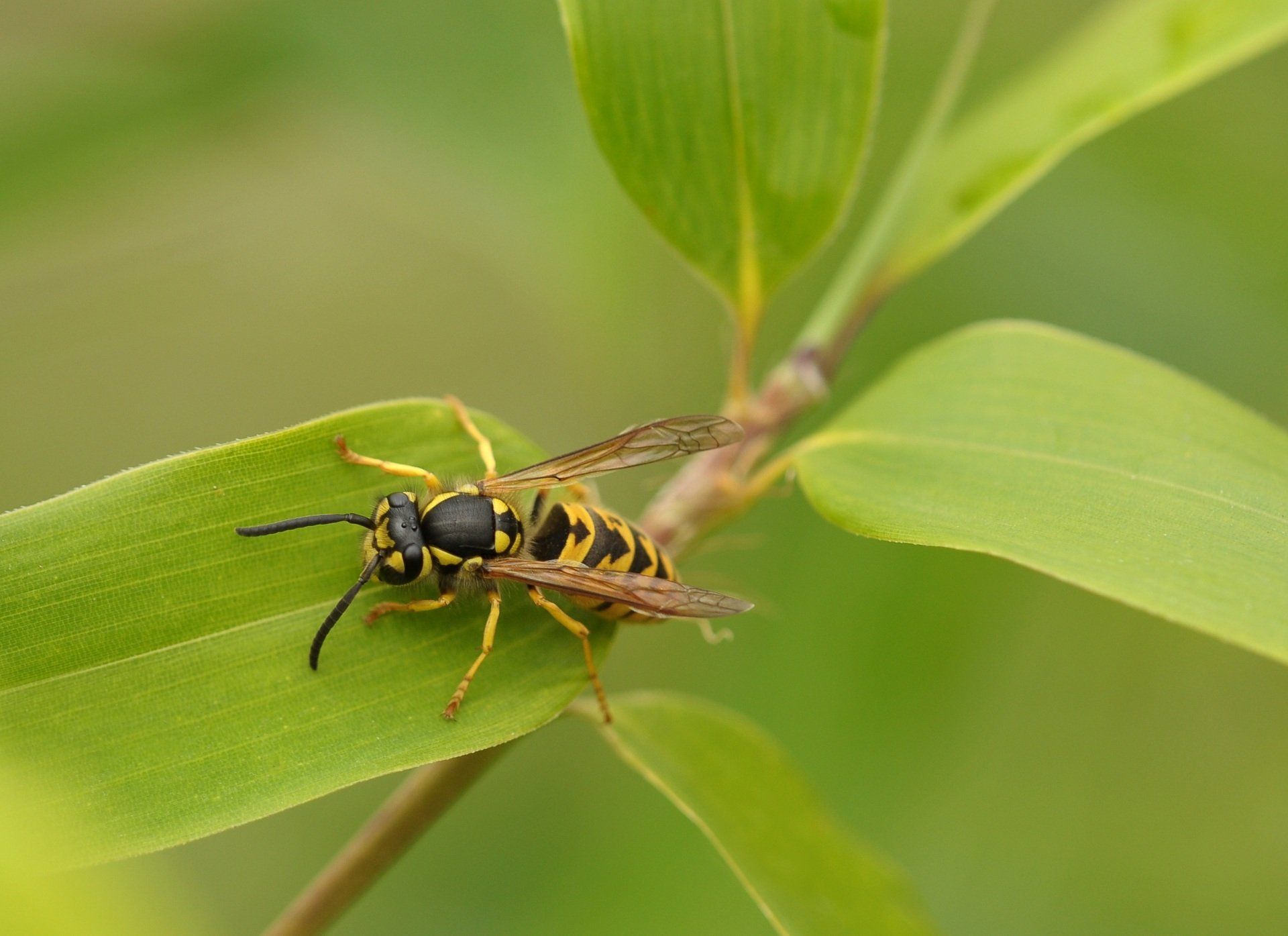
New Jersey is home to roughly a dozen species of hornets and yellow jackets. You’ll also find an abundance of paper wasp species in NJ.
If you have a lot of wasp-related questions, you’re not alone. For starters, you may wonder if all wasps sting. The truth is only females do. A female wasp’s stinger stays intact after she stings, which means she can attack multiple times. As such, you should always keep an eye on
wasp stings and know when to contact your doctor or pediatrician.
If you suspect you have a wasp or hornet nest in your yard or simply want to know what insects are buzzing around, you need to know how to identify wasps. The good news is you don’t have to wait to find a wasp nest in your yard.
You can hire a professional to perform routine checks, looking for signs of unwanted visitors. Until then, this is how you can identify wasps, along with other FAQs.
What Does a Wasp Look Like?
Hornets are wasps, but not all wasps are hornets. If you encounter a hornet, you’re looking at the largest of any social wasp species. A bald-faced hornet is identified by the white markings on its thorax and head. Their nests have a paper-like shell. You may find nests in tree stumps or inside building walls. They’re not known to be overtly aggressive but their stings can cause a good deal of pain.
Paper wasps are usually brown with some yellow markings. They can be as long as 16 to 20 mm. You may even see some paper wasp species with red markings. Every species of paper wasp looks slightly different, but they all have very long legs, unlike yellow jackets or bees. This makes them stand out from other
stinging insects.
Yellow jackets have shorter legs and black antennae. An adult can be as long as 10 to 16 mm. They have a black and yellow abdomen. Their nests have a paper-like shell and you’ll commonly find them in holes in the ground or in between walls.
What Do Wasps Do?
Wasps are pollinators, just like bees. They work to control pests on crops. You may even find that their nests house other helpful insects. The jewel wasp can reduce cockroaches in certain areas, laying eggs inside their bodies. The cockroach is eaten from the inside out by the wasp larvae.
How Are Bees and Wasps Different?
Wasps feed their offspring meat in the form of other insects. They’re particularly fond of larvae as a meal. Bees tend to feed their offspring nectar and pollen, but there are exceptions to this rule.
What Are Common Sites for Wasp Nests?
You’ll commonly see wasp nests hanging from a tree branch or in a building’s fascia. You may also see their nests in the ground, as previously mentioned. This is why you should always wear shoes outside and ensure all children have shoes on when playing in the yard. Wasps are also known for nesting in compost bins or other cavernous parts of your yard or home.
Depending on the species of wasp, some build nests from mud and others use the stems of hollow plants. You may also find wasp nests in bushes or any other hidden location that offers them shelter.
Identify Wasps With Professional Assistance
The best way to prevent wasps is with professional pest removal services. Your home will be inspected for wasps and other invasive insects. If anything is found, a professional can treat it quickly, preventing an infestation from occurring. They know how to identify wasps and can show you what to look for.
Recurring pest control treatment can work to keep your yard wasp-free. Serene Property Services has the equipment and expertise to treat any wasp infestation and is conveniently located in Sussex County, NJ. We service the entire county and Warwick, NY, so
contact us today for more information.
We will get back to you as soon as possible
Please try again later
About Us
Contact Info

